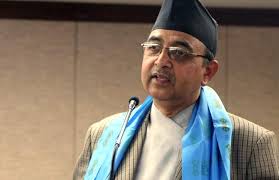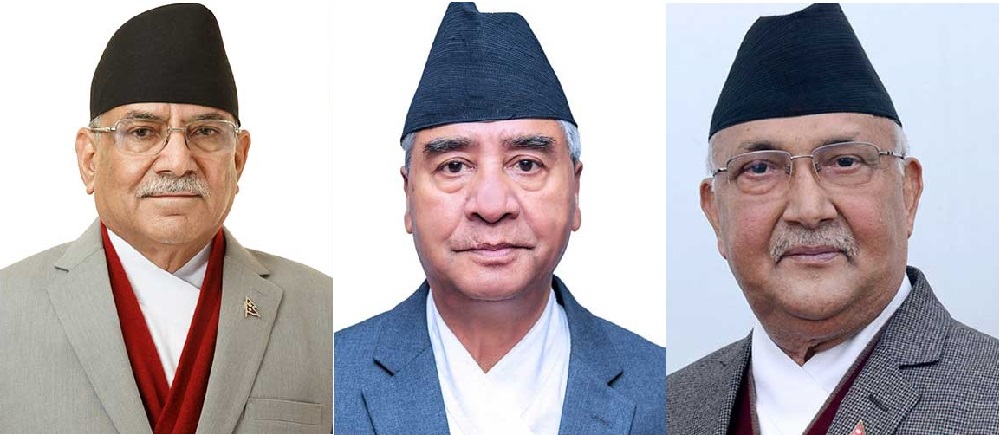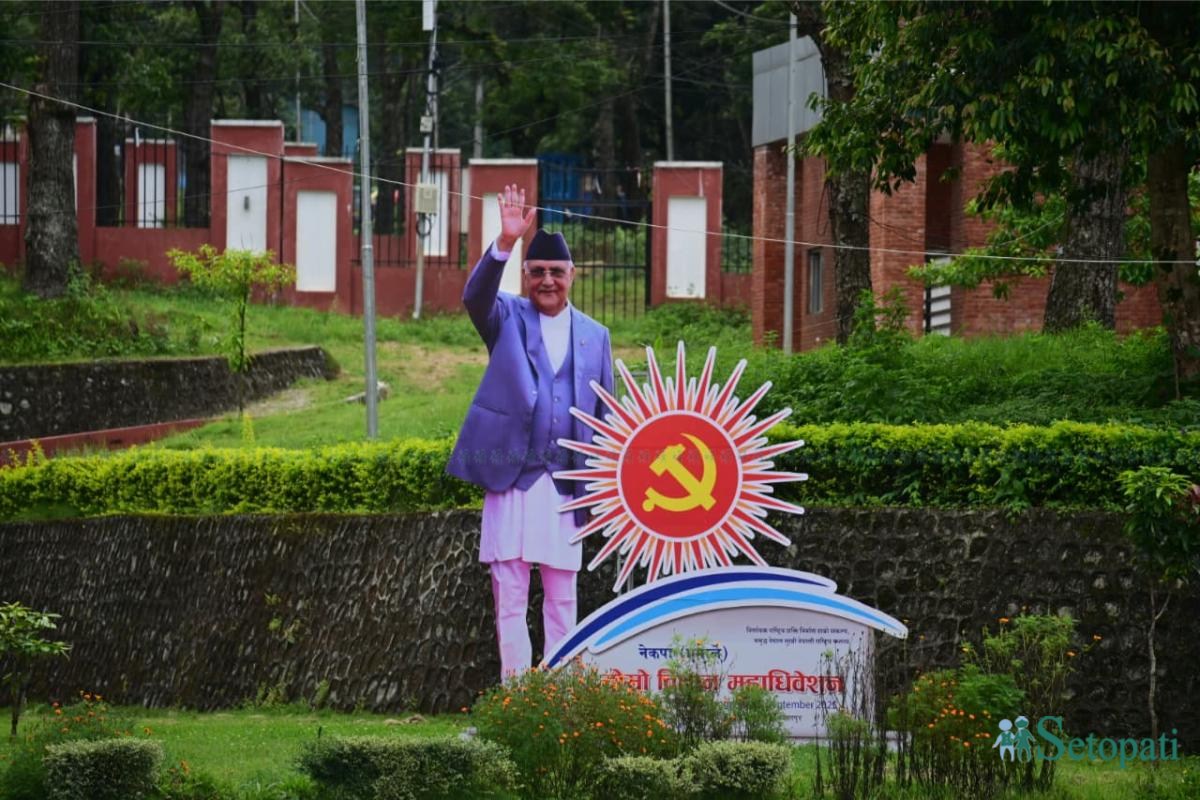
By Our Reporter
Chandra Prakash Mainali, once a familiar figure in Nepal’s communist politics, has been away from the daily political buzz for some time, but his views have not softened. His party became smaller after several splits, yet he continues to work with groups that speak about protecting national independence. His central claim remains the same. He believes Nepal no longer has full control over major political decisions and that outside actors now influence matters that should be settled by Nepalis. The chaos during the Gen Z protest, he says, exposed how unstable the country’s political ground has become. In his view, only a combined effort of patriotic forces, including the monarchy if necessary, can guide Nepal out of the current situation.
Mainali says he did not step aside from politics on his own. From the days of the Jhapa revolt in the early 1970s, he felt he was sidelined for holding different views, especially on what he calls careless interpretations of Marxism. He recalls losing party responsibilities whenever his ideas clashed with the leadership. Still, he insists that his ideological commitment stayed firm. For him, communism is not about winning seats, and staying outside parliament does not mean staying outside politics.
On the decline of his earlier faction, Mainali points to what he describes as the party’s shift toward easier positions. During the fifth convention of the then UML in 1992, he felt the guiding line was revised in a way that weakened long-held principles. A notable section of the party stood with him, yet they could not build a strong structure. Over time, many from that side focused on personal gain and power, while he and a smaller group held on to their earlier ideas. He says people coming and going is normal in politics. What matters to him is the continuity of ideas, not the headcount.
His strongest criticism is directed at the political shift after 1990. He argues that major parties stopped speaking against outside involvement and even adjusted their agendas to suit external preferences. He believes practices adopted in the name of democracy weakened Nepal’s political independence. He also says religion, identity, and cultural confidence gradually weakened because some forces wanted Nepalis to move away from their own roots. For him, this threatens the sense of nationhood. These concerns led him, around 2018, to push for unity among forces that care about the national interest. He imagines a broad alliance that includes Marxists, socialists, democrats, and monarchists who share the same worry about weakening national independence.
His recent remarks about the monarchy drew public interest, though he says he has not turned into a monarchist. He refers to the understanding reached in 2006, which aimed to establish a democratic setup where sovereignty stays with the people, but a constitutional monarch serves as a symbol. He argues Nepal needs a national figure who remains above party politics and can act as a guardian of political independence. That figure, he says, could come through a democratic process or from the former royal family. What matters is a functional check and balance structure with a directly elected head of government. In his view, this setup fits Nepal’s current political stage.
On the Gen Z protest, Mainali says the young people who marched did not represent any organized political force. They were frustrated after years of misrule, repeated corruption scandals, and a government that refused to listen. Instead of addressing their concerns, the state answered with force. He holds the government fully responsible for the breakdown of order, saying it failed to prepare proper security arrangements. He also believes outside actors tried to influence events, which he links to poor political handling after the monarchy was removed without proper preparation.
Mainali argues that Nepal’s political disorder is the result of both internal decay and external meddling. This is why he wants patriotic actors from all sides to cooperate. If members of the former royal family also wish to join such an effort, he sees no issue. For him, saving the country should take priority over political labels.
On the attempt to unify communist groups, he remains doubtful. He says these parties have never honestly reviewed their actions since 2006. Without a sincere evaluation, any unity will be temporary and driven by fear of losing relevance.
He is equally blunt about the current UML. He says the party no longer practices internal democracy, critics are sidelined, and decisions remain concentrated at the top. He expects tension in the upcoming convention and doubts that open competition will be allowed.
Looking at the election scheduled for March 5, he sees uncertainty. He feels the government has not addressed key security concerns exposed during the Gen Z protest. He also points to groups trying to use instability for political gain. The opposition’s refusal to accept the government adds more strain. In this situation, he worries the election may be delayed, creating more confusion.
For Mainali, Nepal’s way forward depends on honesty in politics, stronger national confidence, and unity among those who still put the country first.



















Comments:
Leave a Reply